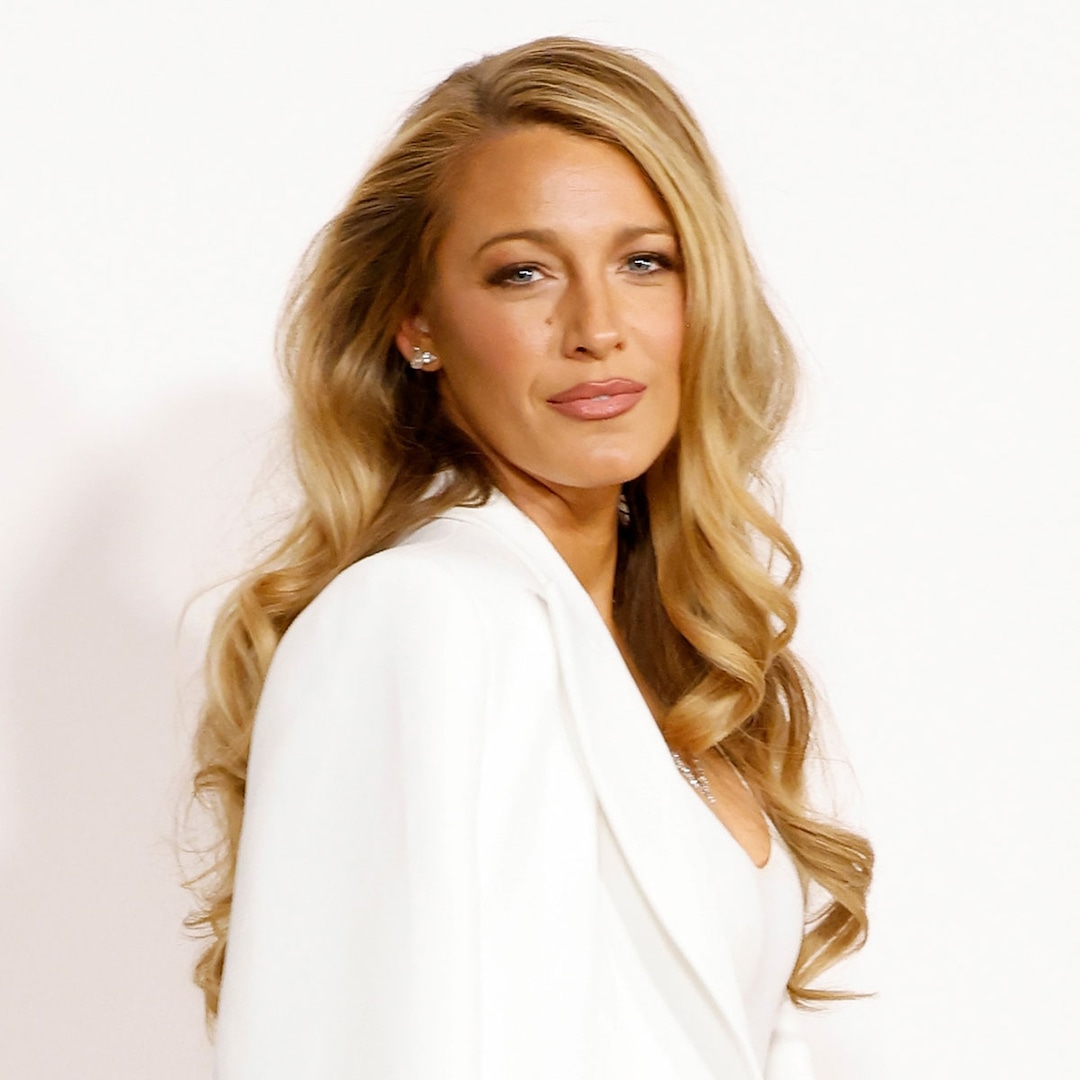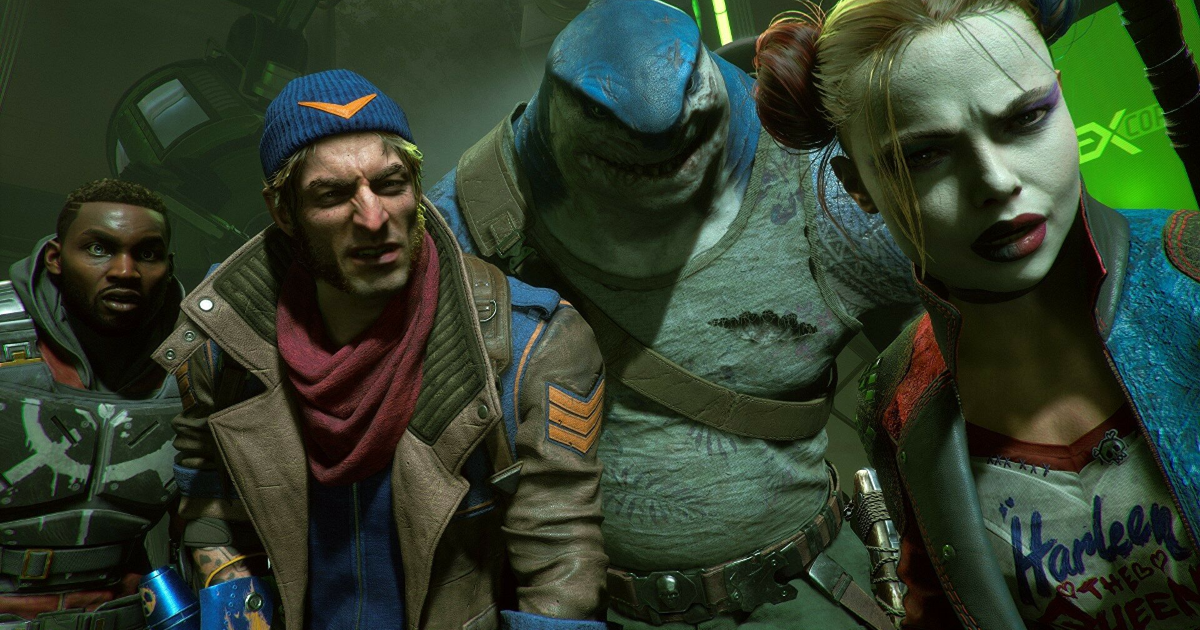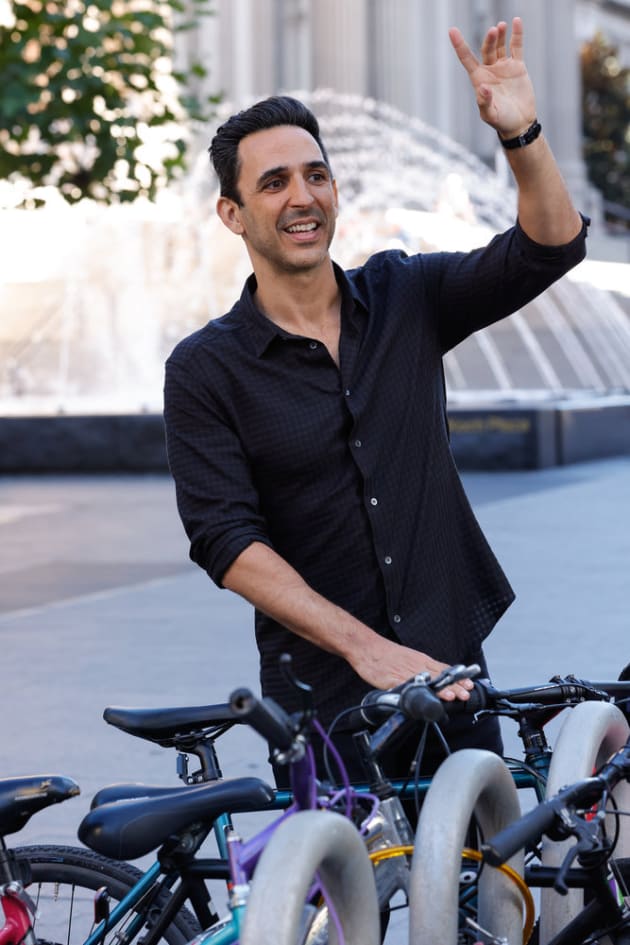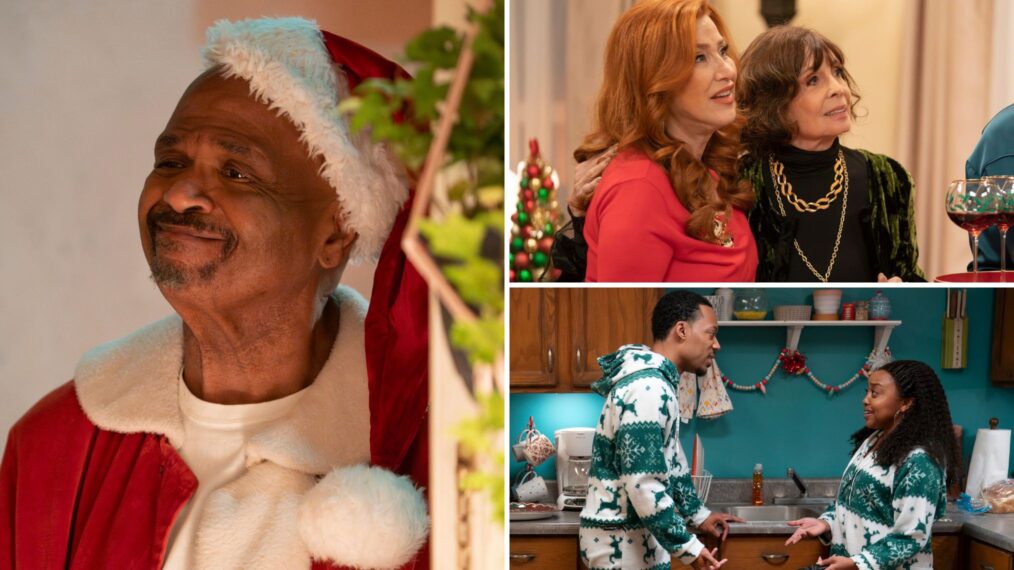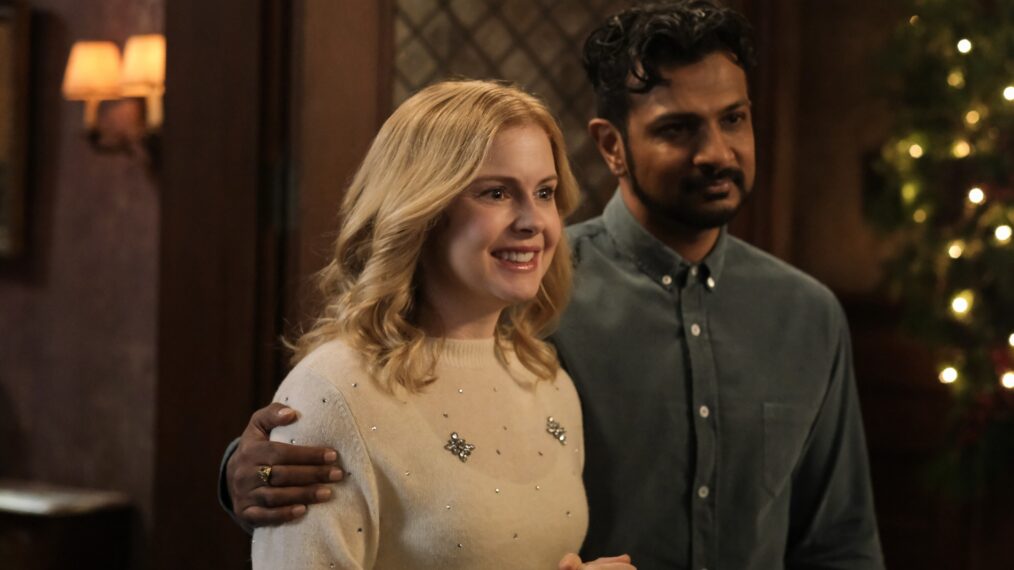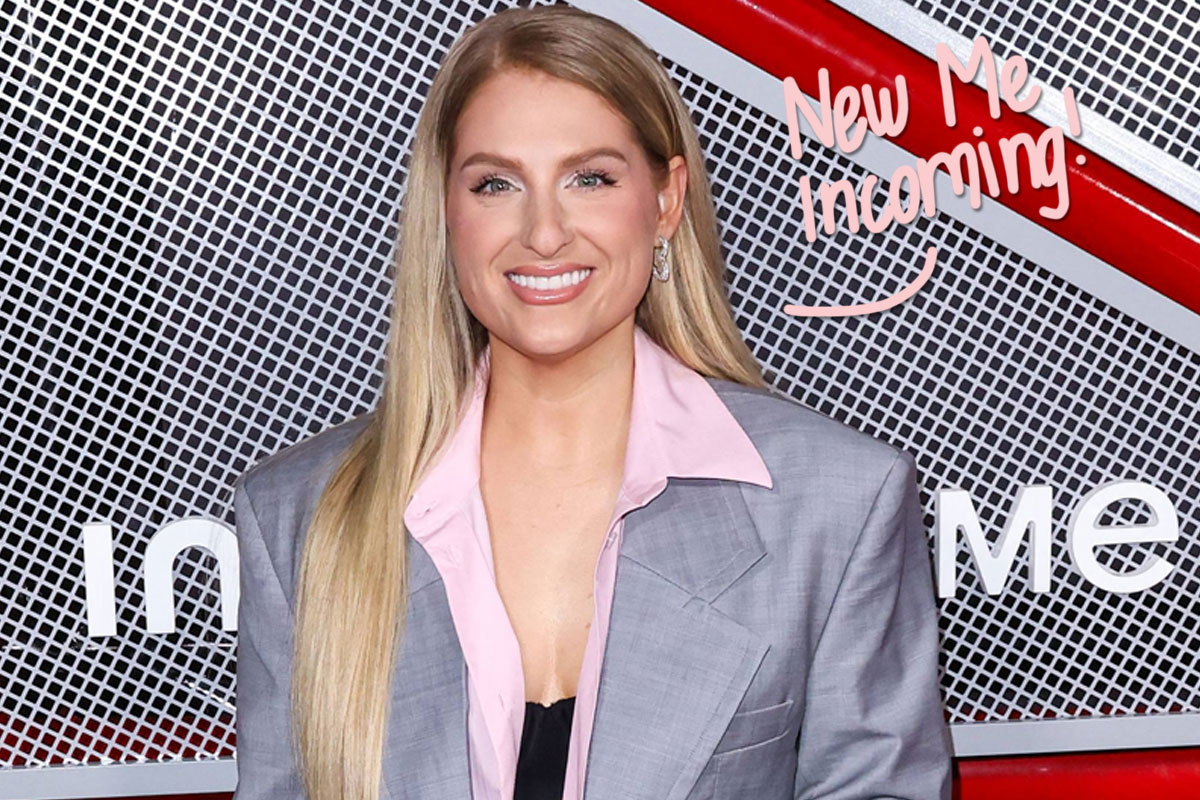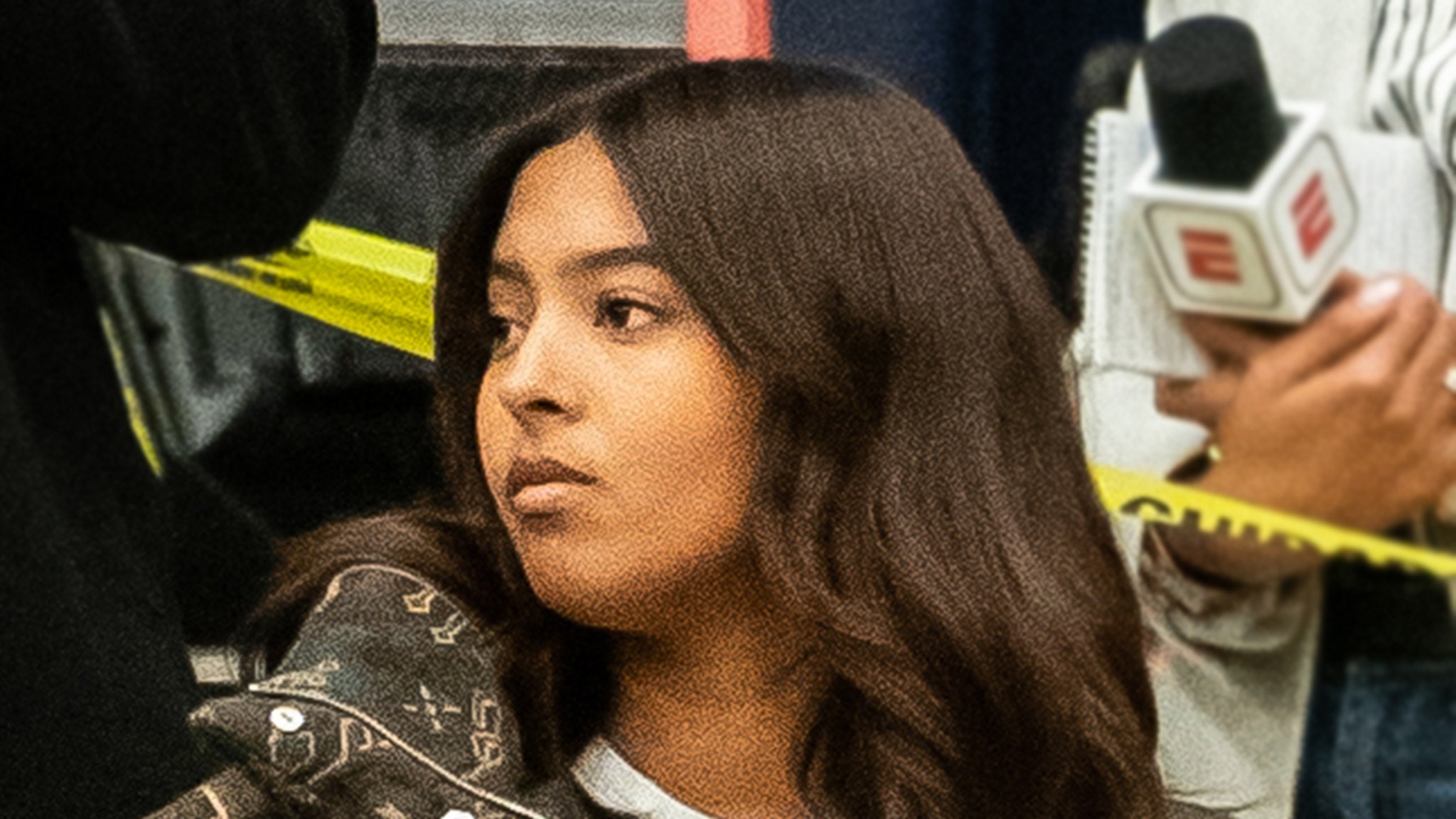[Editor’s note: The following contains spoilers for The Last of Us, Season 1 Episode 7, “Left Behind.”]
One under-explored element of The Last of Us this season has been the existence of FEDRA, the remnant of the U.S. government that has survived the collapse of civilization. 20 years after the outbreak, FEDRA is most commonly described by characters as a “fascist” institution, with a zero-tolerance policy towards the infected. It’s something we see in the very first episode, when a child is efficiently executed by doctors after testing positive for Cordyceps, and also generally come to understand as characters reference the group’s harsh rule over quarantine zones.
Yet in Episode 7, “Left Behind,” the series offered up a new perspective on what passes for law and order in the apocalypse. The episode takes its title from The Last of Us: Left Behind, a bonus adventure for the first video game which (like the episode) flashes back to Ellie and her best friend Riley exploring a mall together, while in the present Ellie tends to an injured Joel. What the show adds is an insightful glimpse into Ellie (Bella Ramsey)’s life prior to her getting infected (without dying) — specifically, we get to see her as a less-than-dutiful student at “FEDRA school.”
It’s a development that makes sense, given co-creator Craig Mazin‘s interest in exploring elements of the Last of Us universe that his collaborator Neil Druckmann (writer/director of the original video games) hadn’t covered. As Mazin told Consequence prior to the start of the season, he “would ask a lot of pesky questions of Neil to try and become as much of an expert on that world as he was, questions of things that weren’t in the game. Like, ‘Okay, what happened between the outbreak and the time we catch up with FEDRA and the QZ? How did FEDRA become FEDRA? Why FEDRA? How are they run now? Ellie is in FEDRA school, what is that like?”
Episode 7 answers that question to some degree, as the flashbacks first reveal Ellie exercising with her fellow students while listening to her precious Walkman, before getting into a fight with another student. The details here stand out, especially after weeks of watching Joel and Ellie travel across the country: The fluorescent lights of the gym, the “uniforms” worn by the students — mismatched grey sweatpants and sweatshirts, the closest FEDRA can get to regimentation in times like these.
More important, though, is the conversation Ellie has with Captain Kwong (Terry Chen) after the fight, in which he offers her something unexpected: praise, and hope. Kwong essentially explains why someone would want to sign up for life as a FEDRA officer — you might be a part of a brutal machine, but the creature comforts can’t be beat: warm in winter, cool in summer, good food, and giving orders instead of taking orders.
Kwong tells Ellie all this because he sees leadership potential in her if she chooses to commit to FEDRA, and she tells him that that’s the path she wants to choose. Later that night, though, we get another perspective on FEDRA life, as Riley (played in the series by Storm Reid) lures Ellie out to the abandoned shopping mall because, we soon discover, she’s chosen to join the Fireflies (you say “freedom fighters,” FEDRA says “terrorists”). Riley’s decision to join the Fireflies follows her receiving her official FEDRA assignment, per her pending graduation: sewage detail, the grunt life that Kwong was warning Ellie about.

The Last of Us (HBO)
So Riley’s throwing in her lot with the Fireflies, and leaving town the next day for her new post in Atlanta. It’s news that disappoints Ellie, especially after “this amazing fucking night” that Riley organizes for her; after the pair boogie to Etta James’ cover of “I Got You,” Ellie asks Riley not to go, and when Riley says yes, Ellie kisses her. Their feelings for each other now out in the open, Ellie asks “What now?” and Riley tells her, “We’ll figure it out” — a statement which gets inevitably followed up by the sounds of Infected coming closer.
The end of Riley and Ellie’s night together, both bitten and infected, awaiting a sure death that only ends up coming for one of them, means Ellie is never really forced to make a choice between a free life and a FEDRA life. That choice, instead, is left to linger in the background for the viewer to not just consider on Ellie’s behalf, but on our own. In a world where food, shelter, and safety are prized commodities, would being a FEDRA officer be the worst choice? Could you learn to live with it, if it meant staying alive?
It’s not an easy question to answer — which is why it’s great television.
The Last of Us airs Sundays on HBO and HBO Max.

